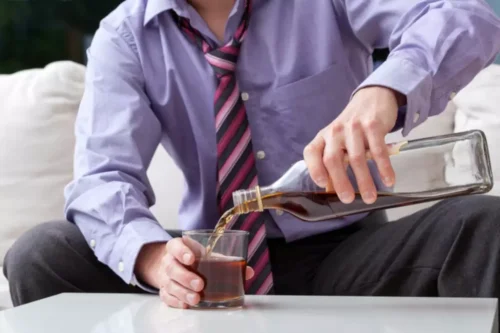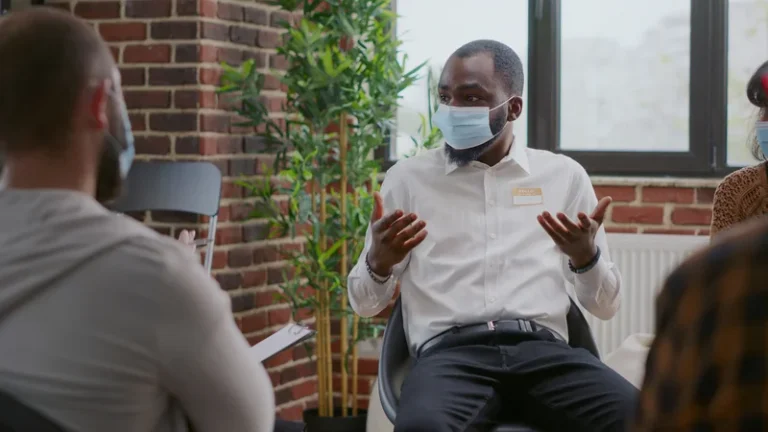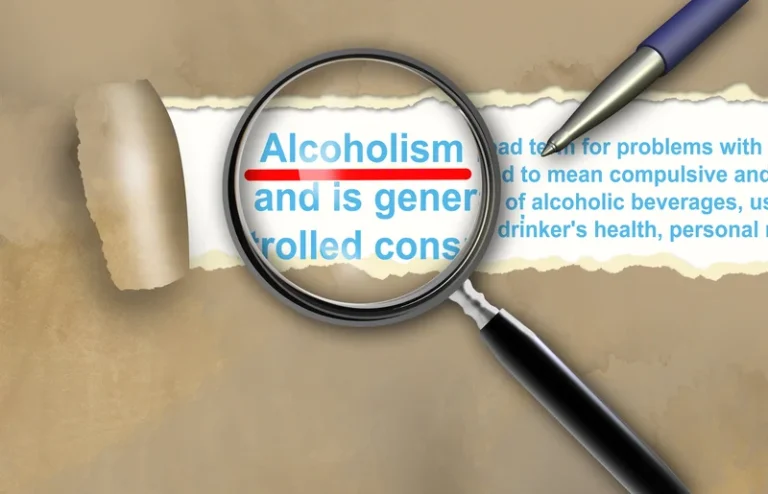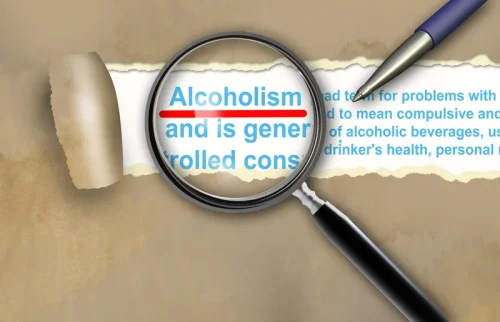
Anxiety attacks typically last anywhere from five to 20 minutes, but they can last up to an hour. Since alcohol and panic attacks often reinforce each other, the key to reducing panic attacks from alcohol is to quit or cut back on alcohol. Additionally, panic attacks can be triggered because of the effect alcohol has on GABA, another brain chemical that normally has a relaxing effect. A 2024 study published in the Journal of Psychiatric Research suggests the need to develop interventions according to patients’ level of insight, mainly focusing on those lacking insight. This means that even if a person doesn’t consciously register a triggering thought, their brain may still interpret certain situations as threatening based on past experiences or underlying fears.
Expectations for Anxiety Relief
All our psychiatrists (and all psychiatrists in general) are medical doctors with additional training in mental health. They can prescribe any medication they think can help their patients. In order to find out which medications might be appropriate, they need to conduct a full evaluation.
- However, drinking alcohol, especially heavily and over a long period of time, can actually increase your anxiety.
- It takes your body and liver about eight hours to remove what’s essentially a poison.
- The symptoms of low blood glucose include trembling, an elevated heart rate, and feeling anxious or in a low mood.
- However, in another study of recreational drug users without physical dependence, alprazolam was found to have less misuse liability than diazepam (Orzack et al., 1988).
- Even simply thinking about attending the gathering might cause them anticipatory anxiety.
- If you’re experiencing panic attacks after drinking, consider limiting alcohol intake and seeking support from a healthcare provider.
The Role of Alcohol in Coping with Anxiety
As individuals continue to use alcohol to cope with anxiety, they may develop tolerance. This means they need to consume more alcohol to achieve the same calming effect. Increased tolerance can lead to a cycle of escalating alcohol consumption. Chronic alcohol use can lead to tolerance, requiring more alcohol to achieve the same effects. This process alters brain chemistry, potentially leading to dependence. Alcohol withdrawal can cause severe symptoms due to these neurochemical imbalances.

Co-occurring disorders: Anxiety and Alcoholism
- Your heart rate and breathing would speed up as your body prepared for a life-threatening situation.
- These medications regulate serotonin levels in the brain, potentially reducing anxiety and alcohol cravings.
- As anxiety disorders are the world’s most common mental disorders, finding a solid support network will be accessible and relatable.
Your psychiatrist will meet with you virtually on a schedule you set together, devise a treatment plan tailored to your specific needs and preferences, and work with you to adjust your plan as you meet your goals. A consistent fitness routine can improve mood and decrease anxiety symptoms. Regular practice helps individuals stay present and manage stress more effectively. Diet, hydration, and caffeine consumption play crucial roles in how alcohol affects anxiety levels. These factors can either exacerbate or mitigate alcohol-induced anxiety symptoms. These physical sensations closely does alcohol trigger panic attacks resemble panic attack symptoms, potentially setting off an anxiety spiral.

General Health

He specialized in treating patients with a history of depression, anxiety, trauma, and substance use disorders. Cognitive-behavioral therapy (CBT) is a primary treatment for alcohol anxiety. CBT helps individuals identify and change negative thought patterns and behaviors.
- It can cheer you up after a rough day or make you feel more sedated.
- A racing heart is one of the most distressing concerns among people who have panic attacks.
- Increased irritability or mood swings may emerge, affecting relationships and daily interactions.
- AUD can range from mild to severe, impacting personal relationships, work, and overall quality of life.
- Carbamazepine is also known to enhance catecholamine function and therefore may improve symptoms of sleep disturbance, anxiety, and mood instability, which are common in withdrawal.

Many individuals with anxiety disorders may turn to alcohol as a means of self-medication, seeking temporary relief from their symptoms. However, this pattern of alcohol use can ultimately exacerbate anxiety and lead to the development of alcohol dependence or alcohol use disorder (AUD). Alcohol consumption can have immediate effects on anxiety levels, sometimes leading to anxiety attacks or heightened anxiety shortly after drinking. While alcohol may initially induce a sense of relaxation or euphoria, especially in social settings, its impact on brain chemistry can quickly turn detrimental for individuals prone to anxiety. Alcohol consumption and its potential impact on mental health, particularly anxiety, have garnered significant attention in recent years. Many individuals turn to alcohol as a means of relaxation or socialization, yet there’s growing concern about its relationship with anxiety.
